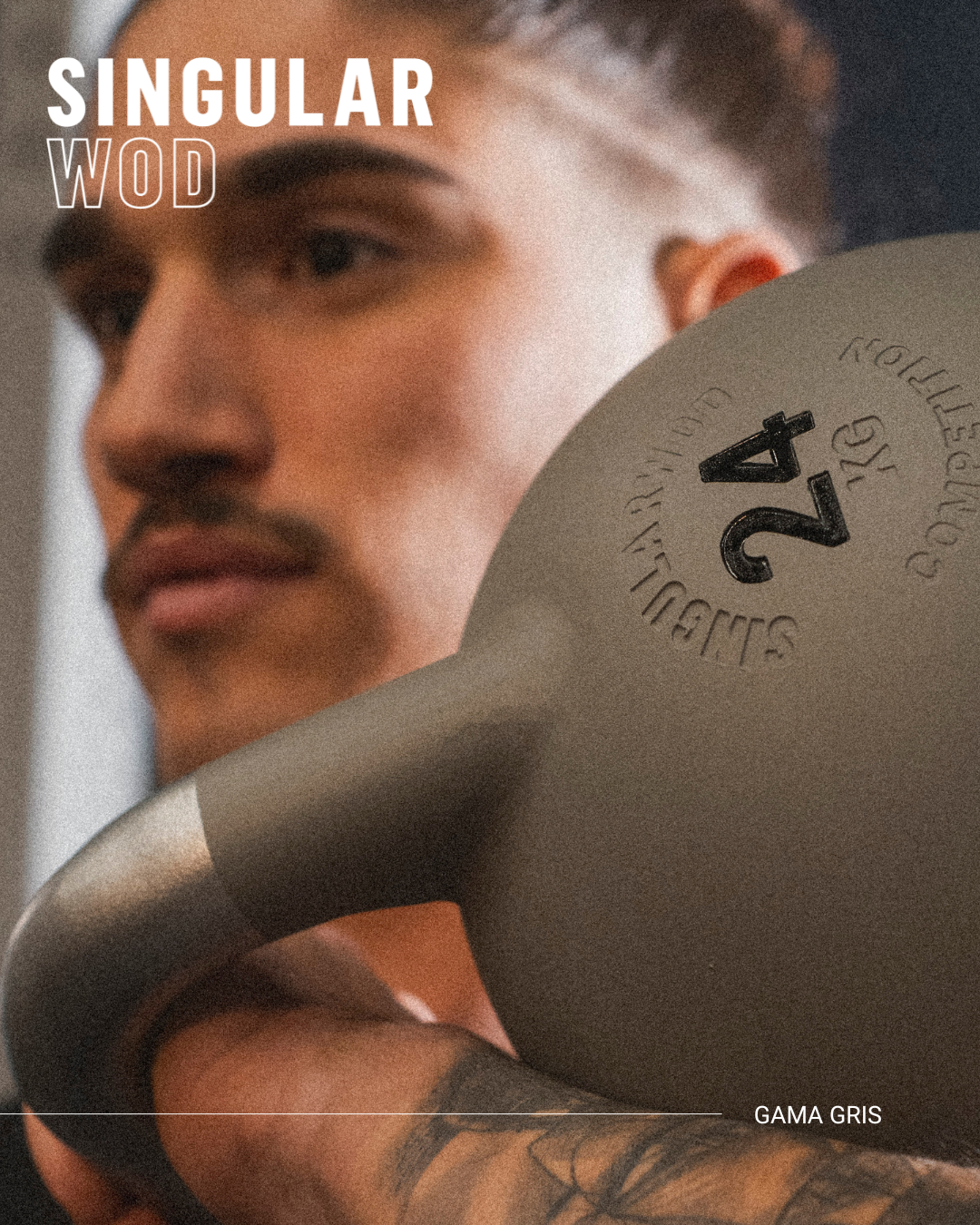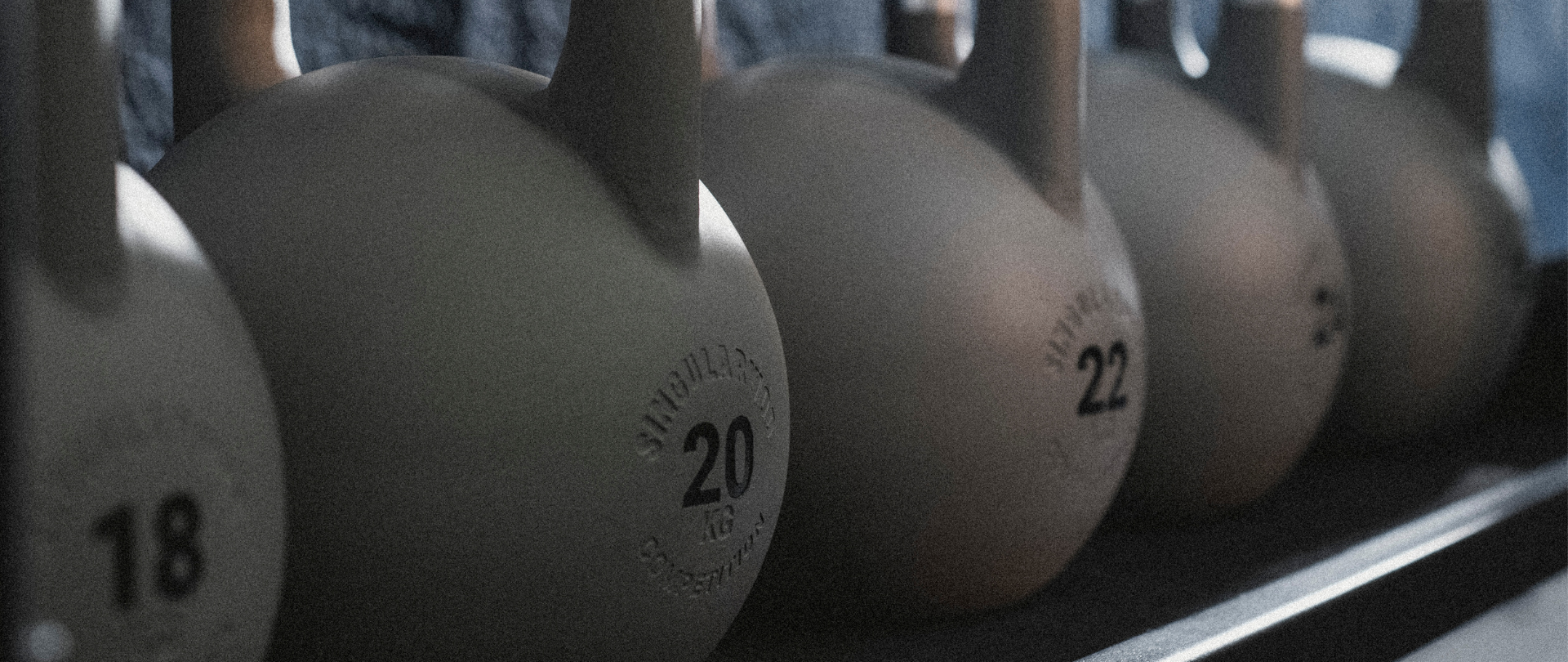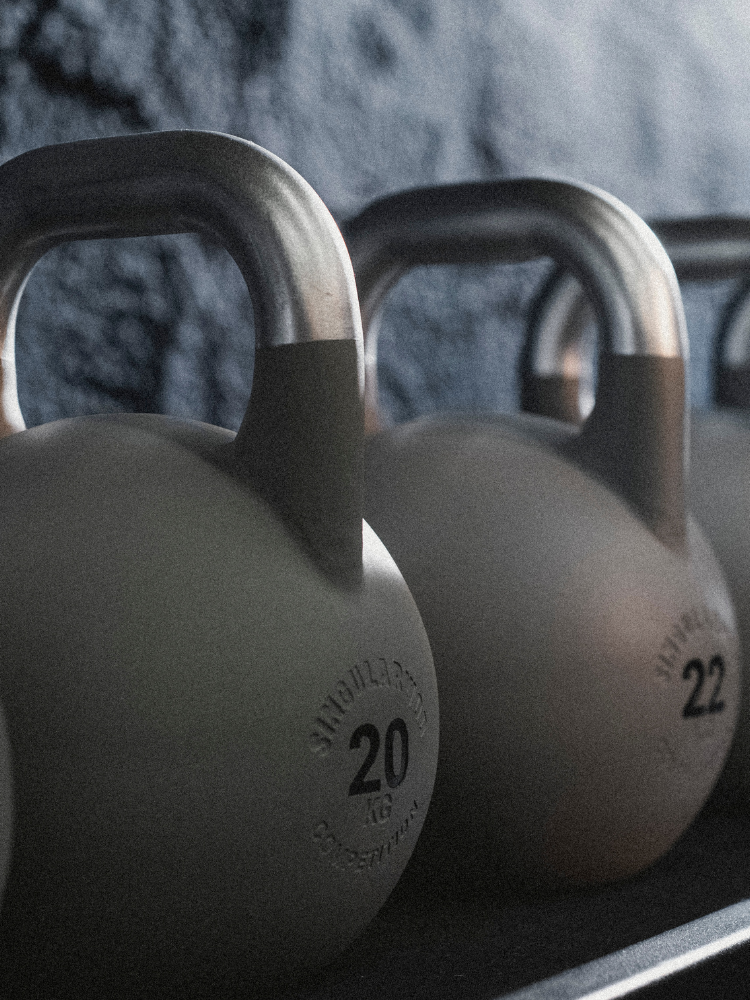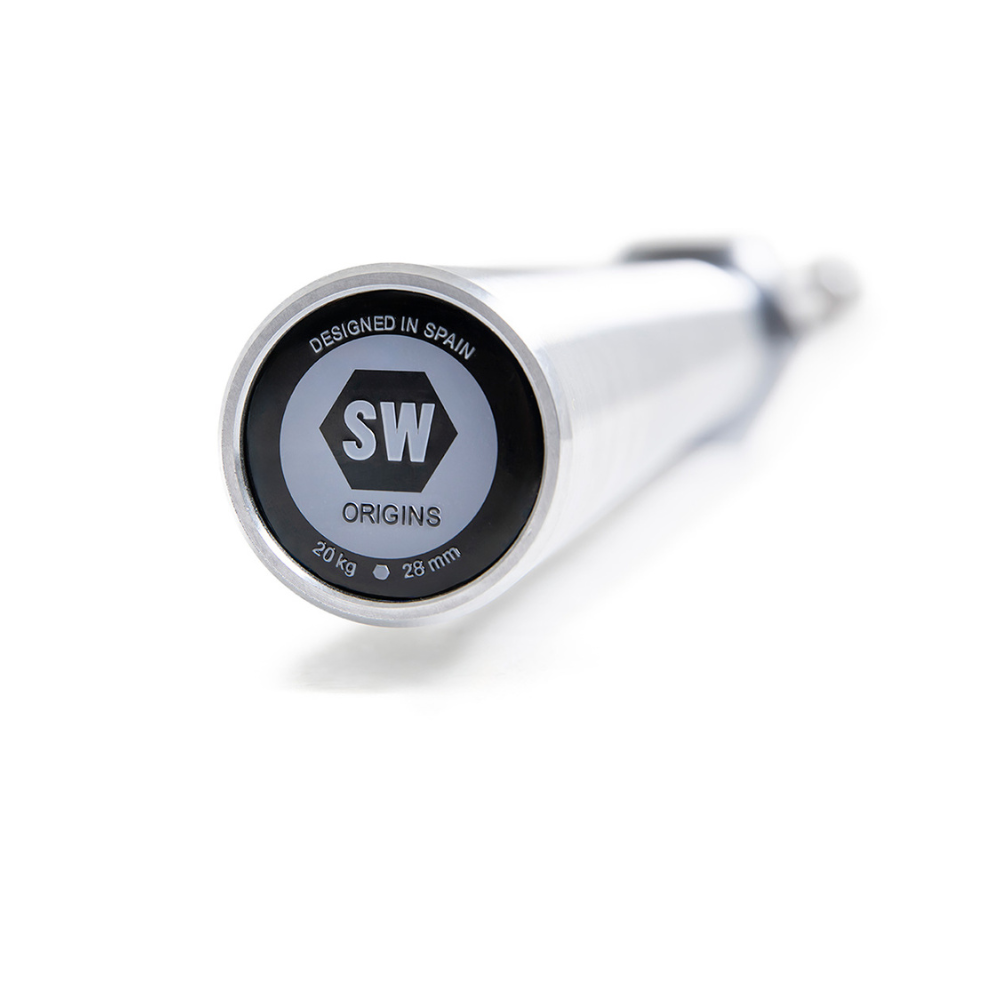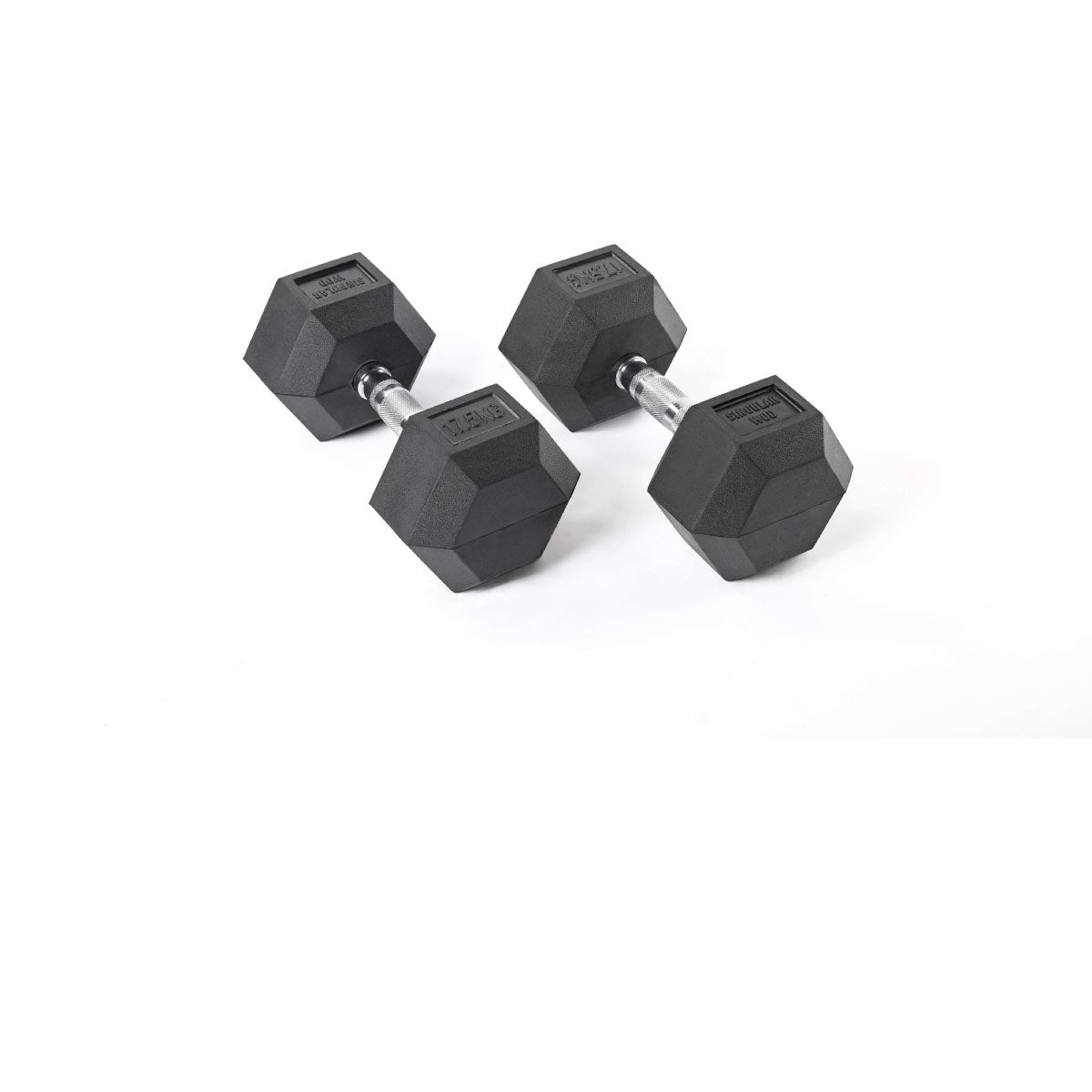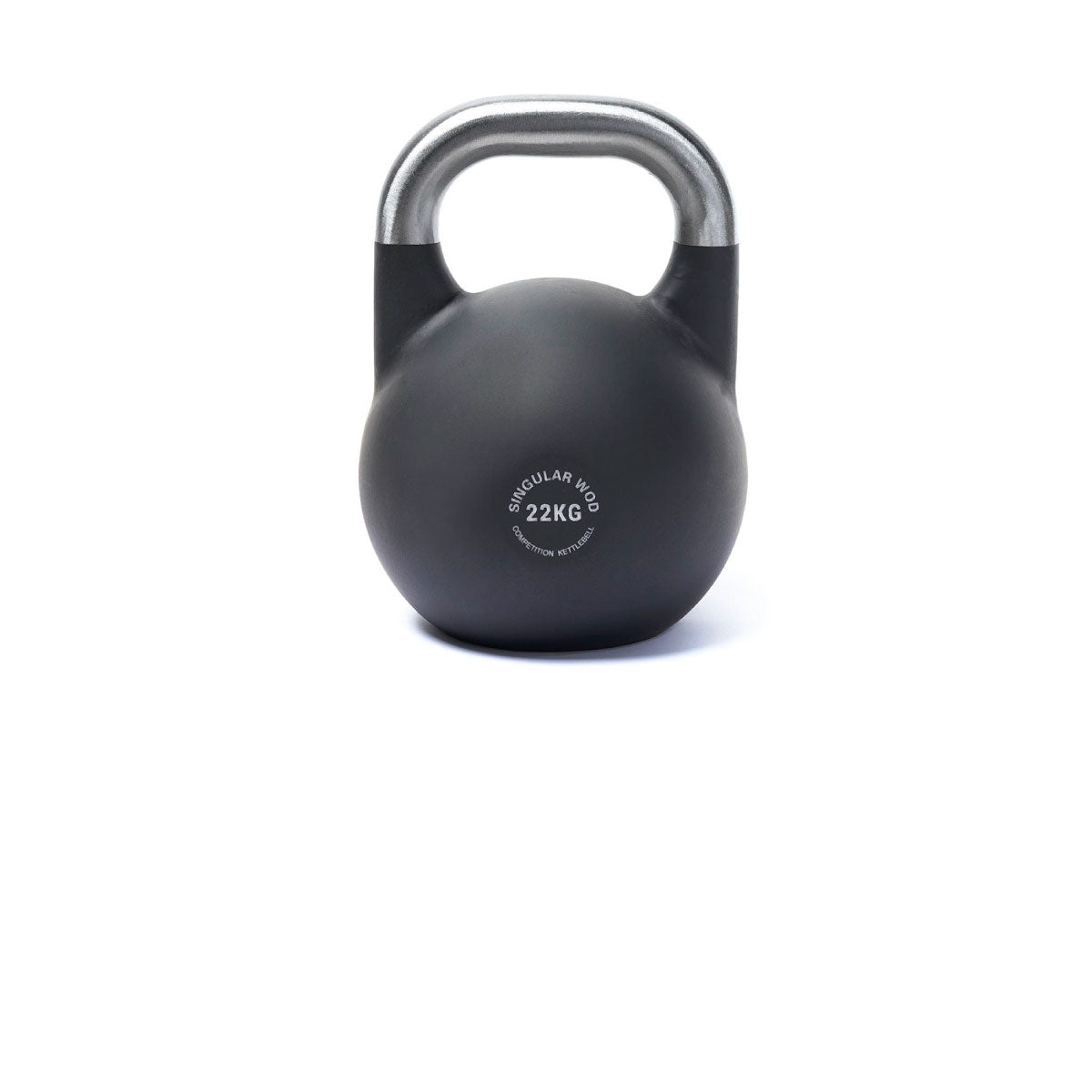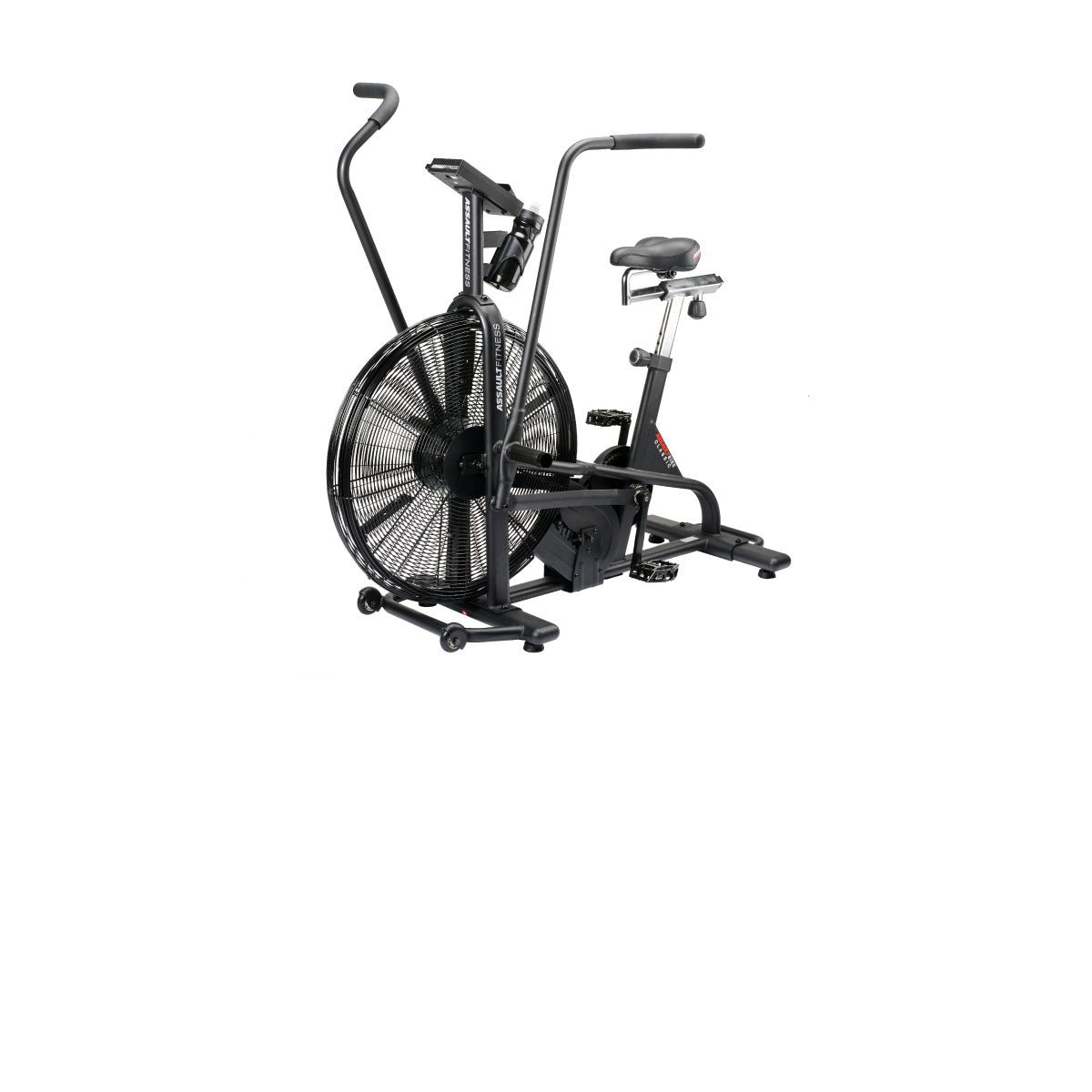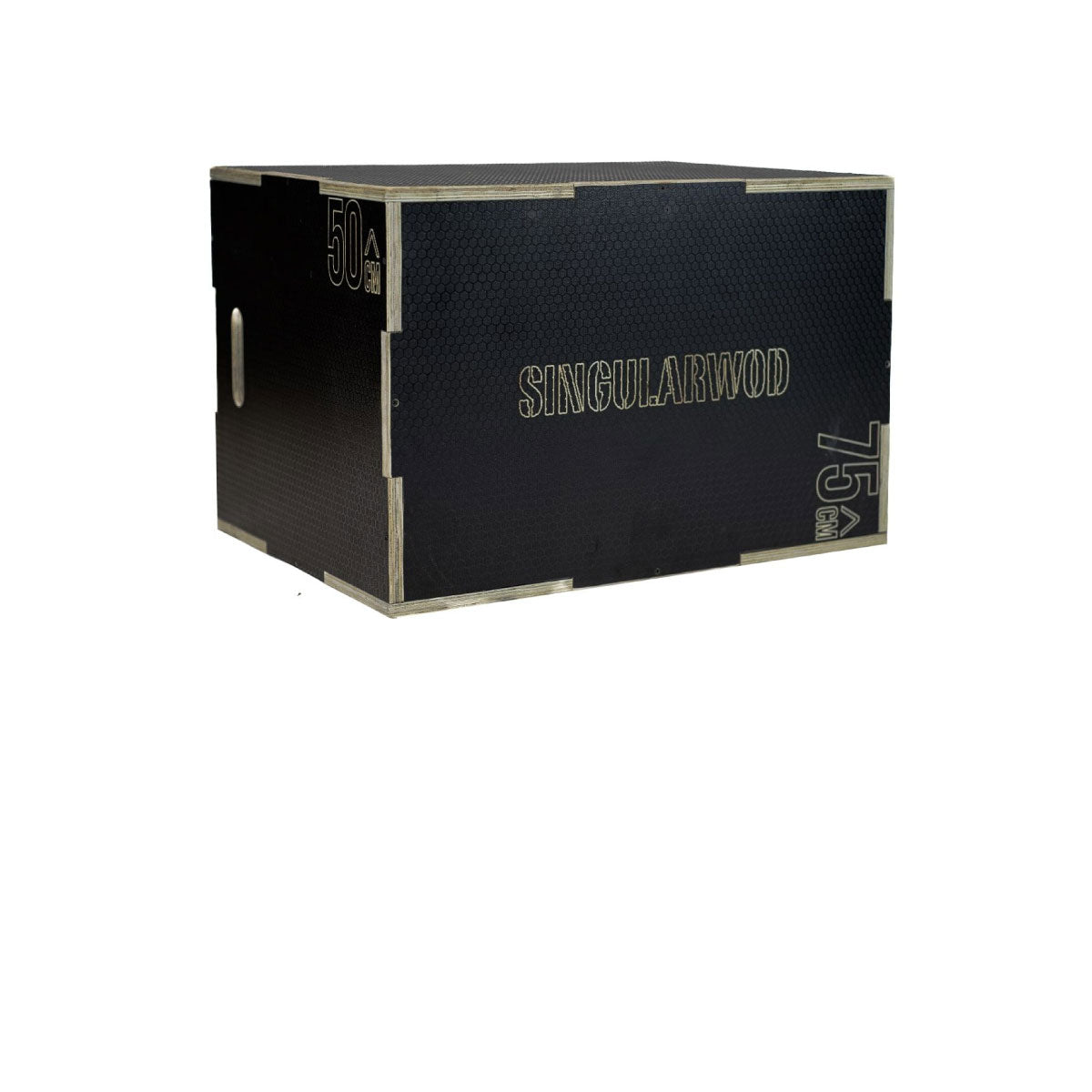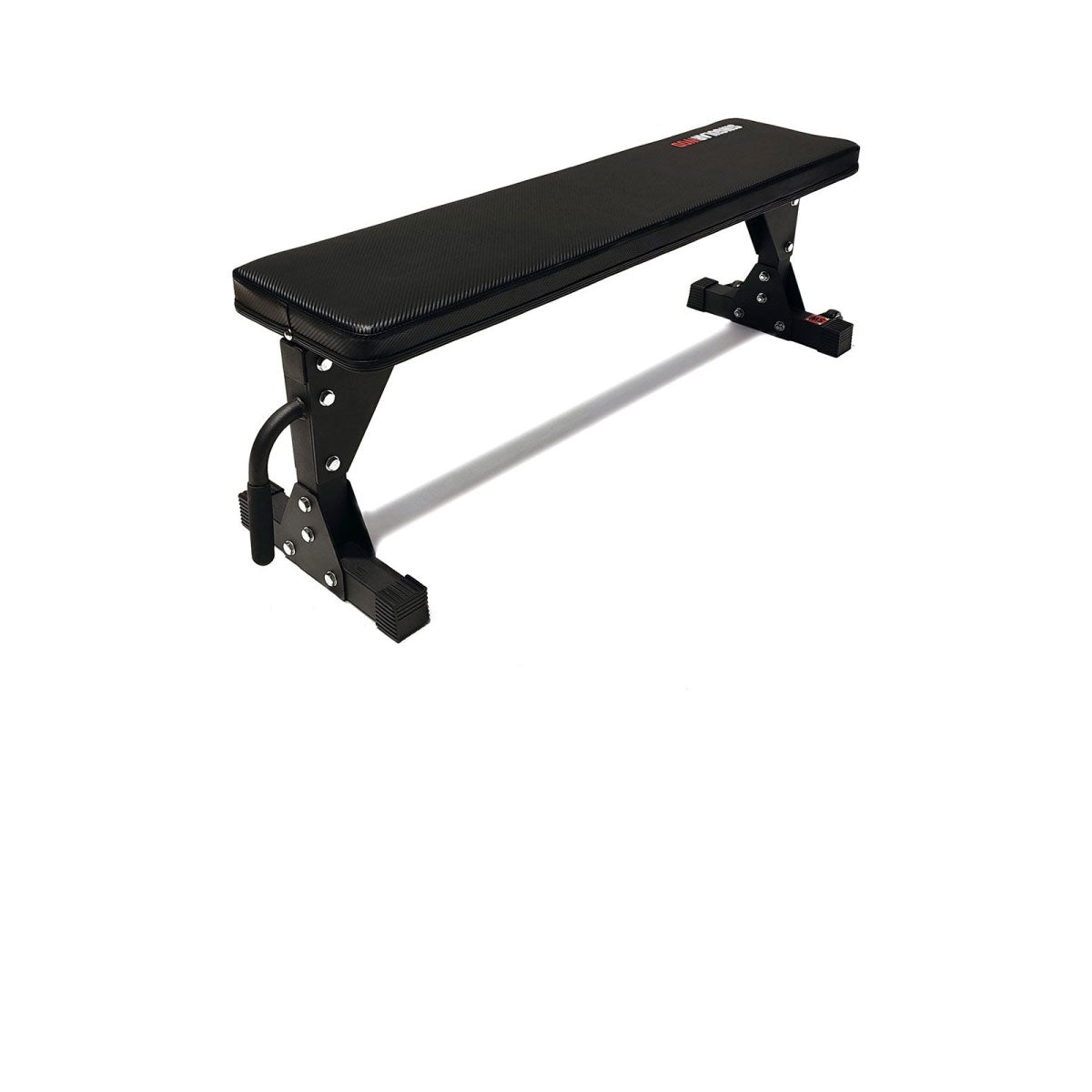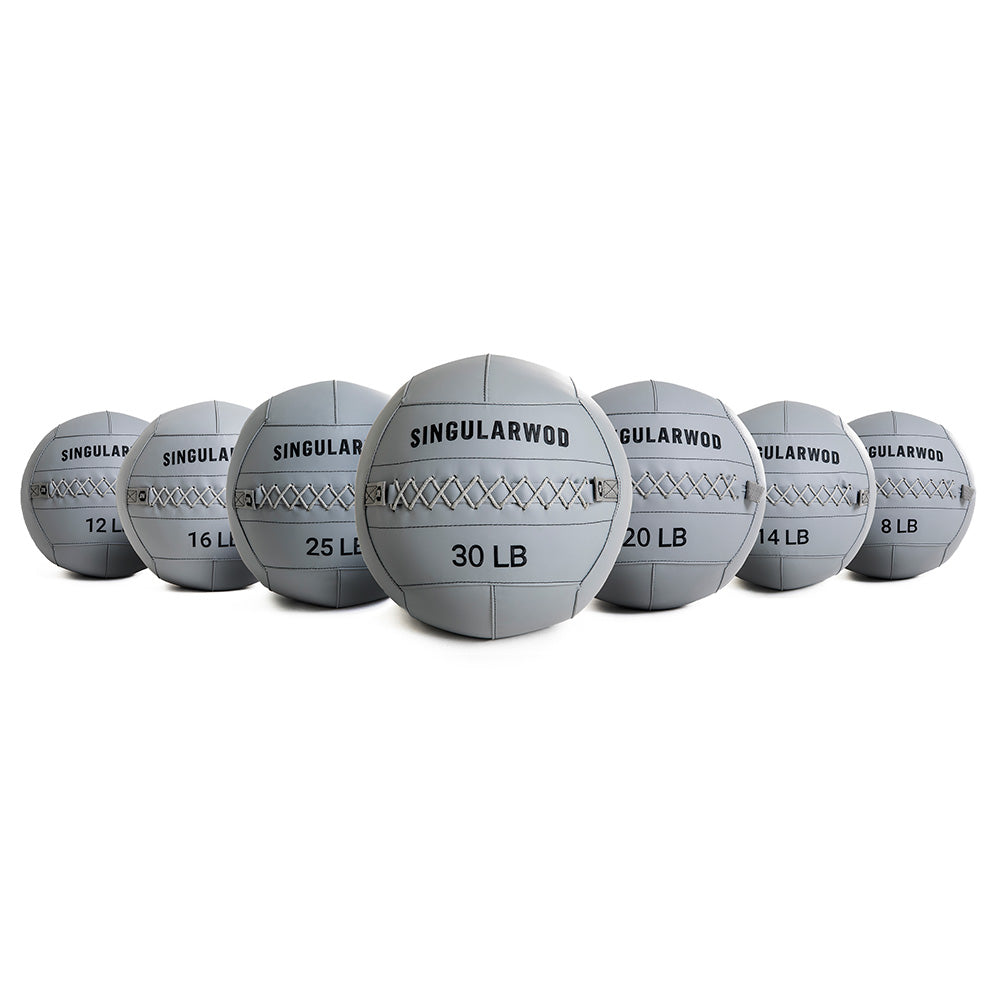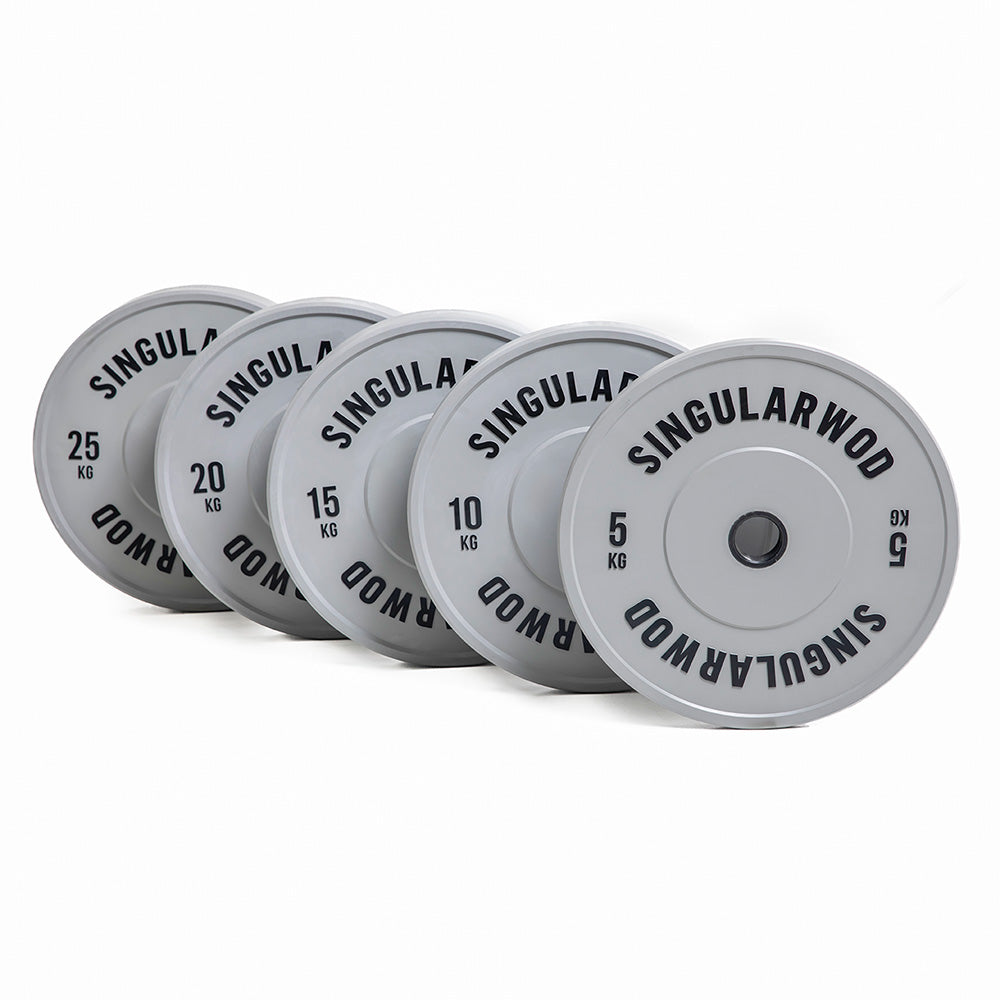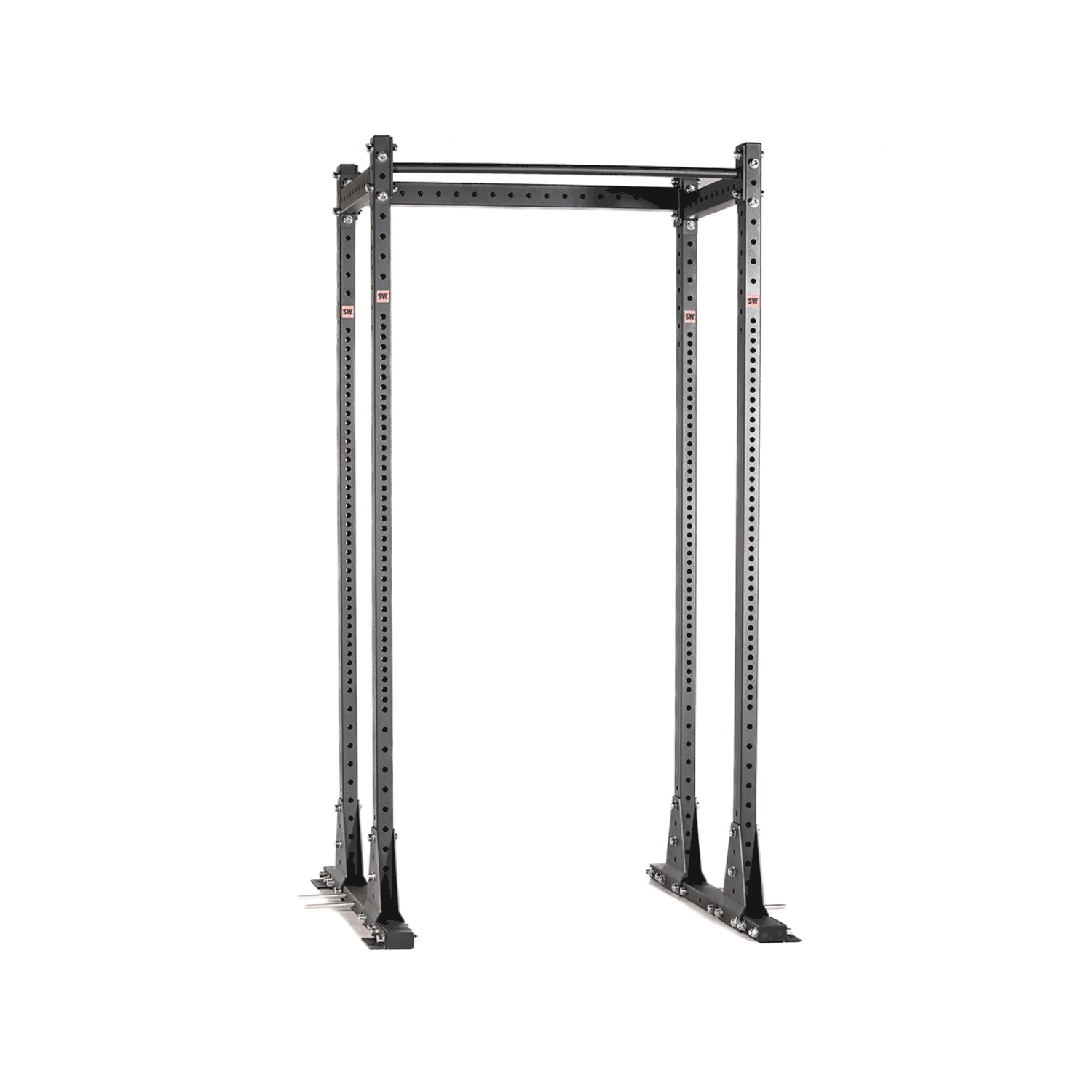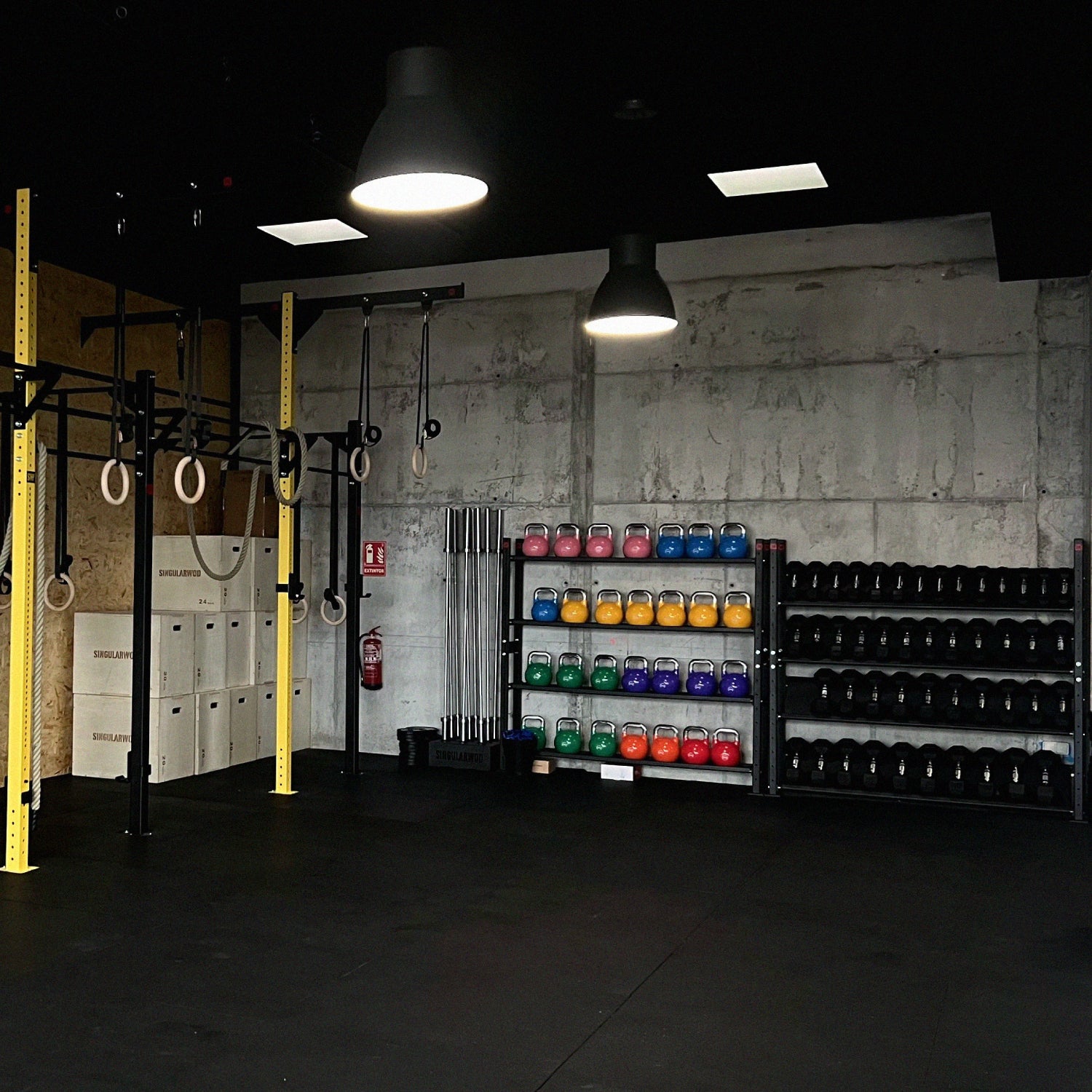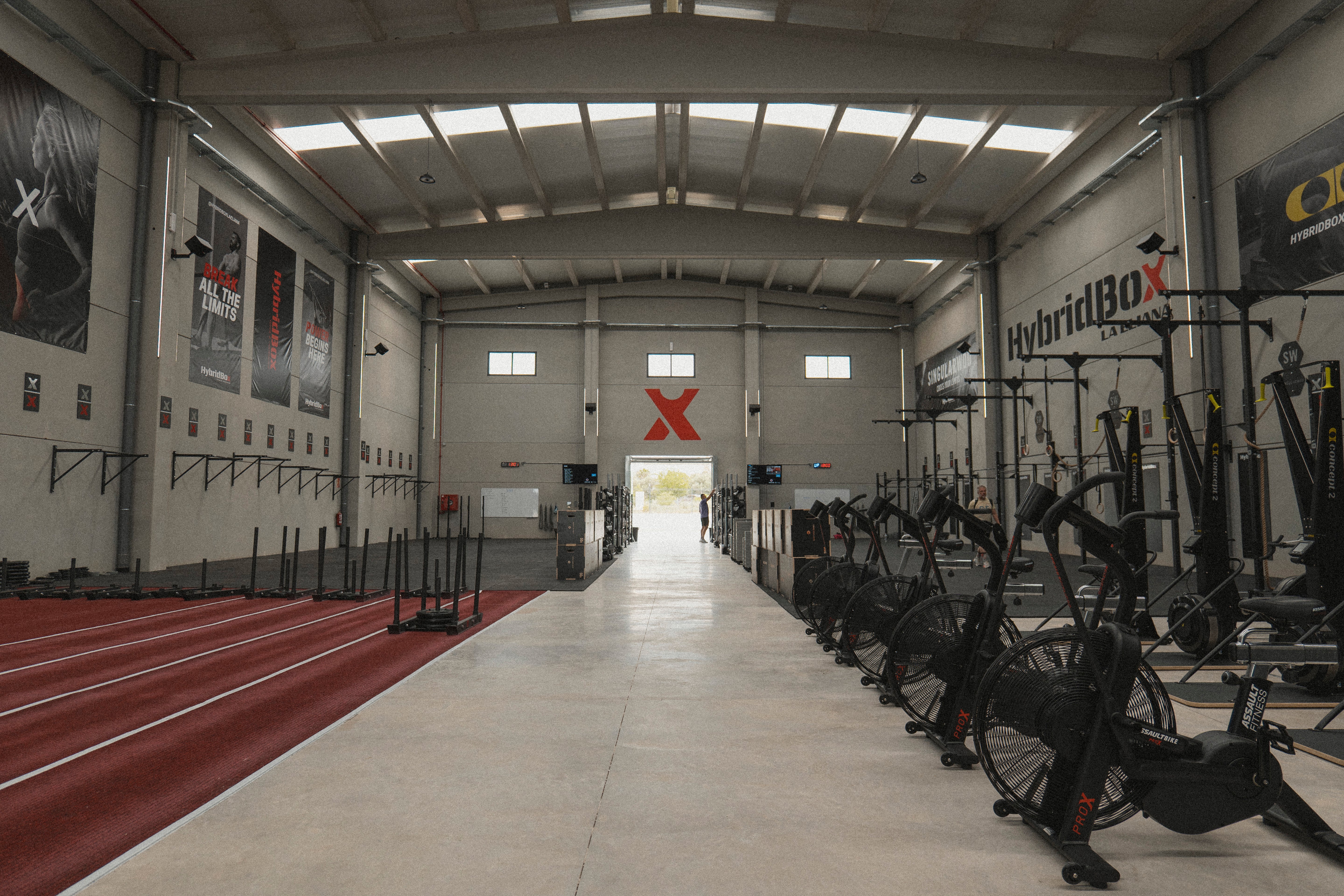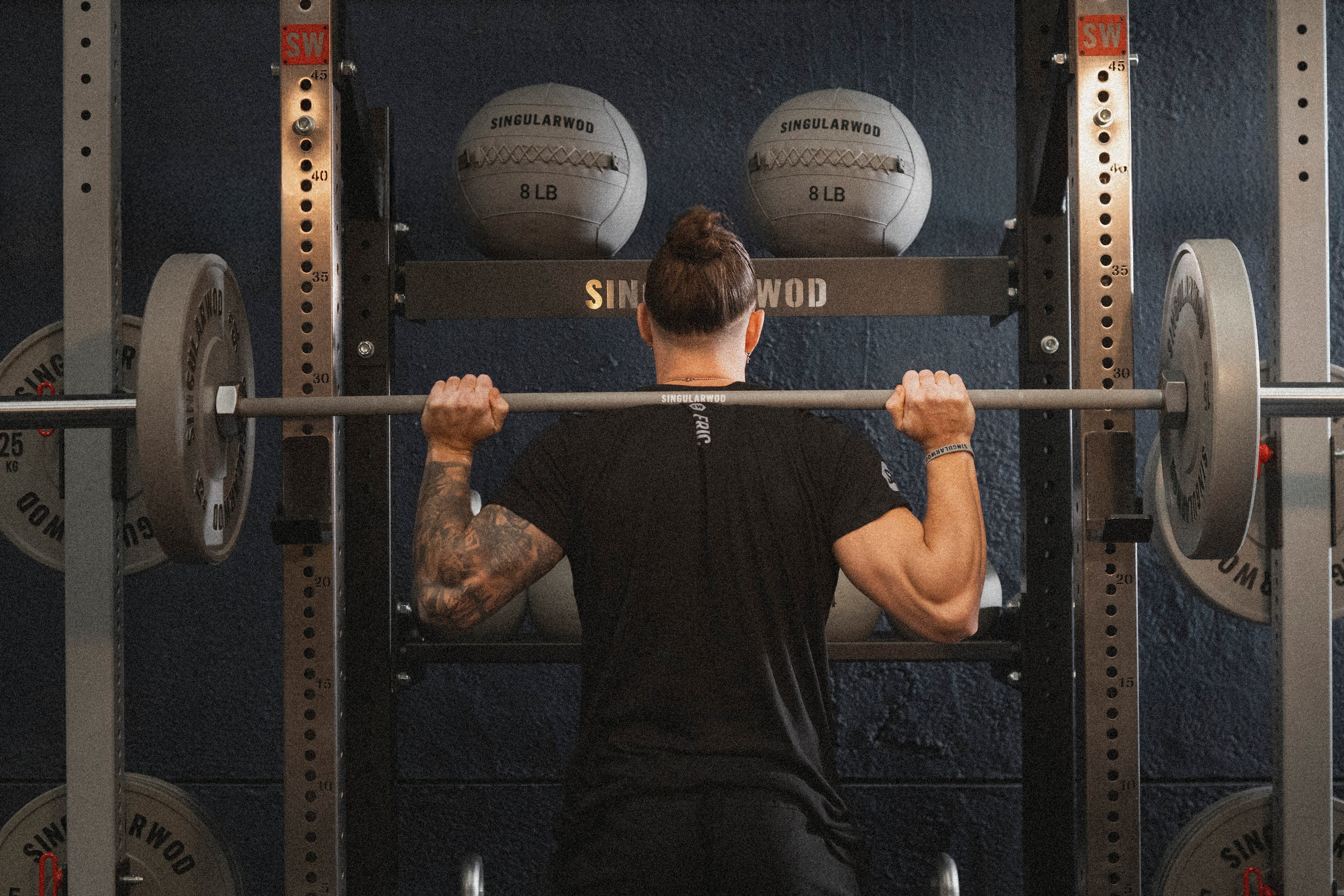Equipate with the greatest
The best professional crossing equipment
Check our outstanding categories and raise the standard of your Crosstraining Center or your fitness centers
We have everything you need to equip your crossing box
Transform your space into the ideal place to train
Discover how to bring your passion for crossing anywhere, with equipment designed to perform at the maximum.

Equipment for Crosstraining
Catalog SINGULARWOD 2025
Pioneers In Spain
Specialists In equipment
Manufacturers In Spain
Passionate For crossing

Discover the latest trends in Crosstraining
- Tips for your training
- Learn to manage your box
- Tips on CrossFit nutrition
- Our competitions and news of the sector

